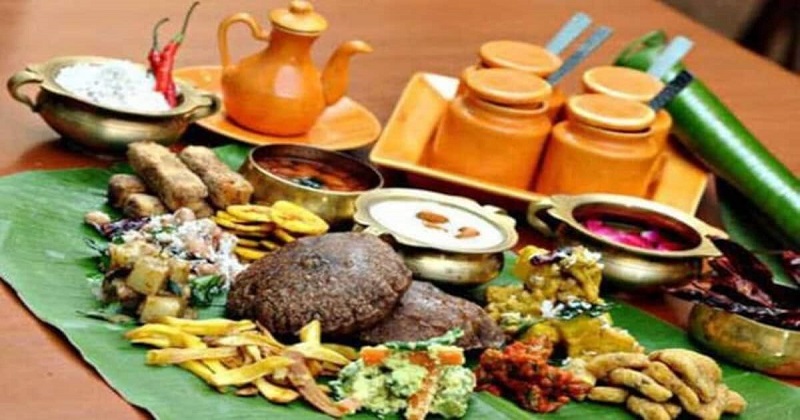
The air is filled with reverence, fervour, aroma of sweets, fragrance of fresh flowers and thus the stage is set for a nine-day celebration! After being shut inside the confines of homes for nearly 2 years, children and adults alike welcome the festive season.
This year, Shardiya Navratri 2021 will take place following Pitru Paksha, from October 7 to October 15. Devotees worship and present special food to the nine incarnations of Goddess Durga on Navratri, which marks Goddess Durga’s arrival on Earth.
Among the several Navratri customs, vrat deserves special note since worshippers fast to appease Goddess Durga with their devotion and dedication. Some devotees fast for ten days, while others keep their fasts in jodas (couples) for the first and last two days of Navratri. There are, however, some fasting regulations to observe in order to prevent making any mistakes during Navratri.
Fasting rules and what to eat during Navratri
Flour and grains: Regular grains such as wheat and rice should not be consumed by devotees. However, there are alternatives such as Kuttu ka Atta (buckwheat flour), Singhare ka Atta (water chestnut flour) and Rajgira ka Atta (amaranth flour). Samai Ke Chawal or Samvat Ke Chawal (barnyard millet) can also be substituted for rice.
Kuttu Ki Puri, Singhade Ka Halwa, Sabudana Vada, Singhare Ke Pakore and Sabudana Khichdi are just a few of the famous Navratri meal recipes that incorporate these ingredients.
Fruits: During the fast, you are allowed to eat all fruits including dry fruits. Interestingly, some adherents keep a nine-day fast consisting of fruits and milk.
Also Read: What the Navratri festival has to offer for kids: 9 facts
Vegetables: Devotees adhere to a rigorous vegetarian diet. During Navratri, certain vegetables are preferred, such as potatoes, sweet potatoes, arbi, kachalu, suran, semi-ripe pumpkin or raw pumpkin.
Milk and dairy products: Devotees can take milk and dairy products such as paneer (cottage cheese), white butter, ghee, malai or milk-based cuisine. You may also try making a fruit chaat and serving it with a yoghurt bowl. Interestingly, Buttermilk and Lassi are excellent options for staying hydrated during Navratri.
Spices and herbs: Worshippers must refrain from using ordinary table salt and instead utilise alternative rock salt or ‘sendha namak’ for preparing meals. Cumin or cumin powder, ajwain, cinnamon, green cardamom, cloves, black pepper powder, red chilli powder, black peppercorns, dry pomegranate seeds, and other spices can be used in the meantime.

Post Your Comments